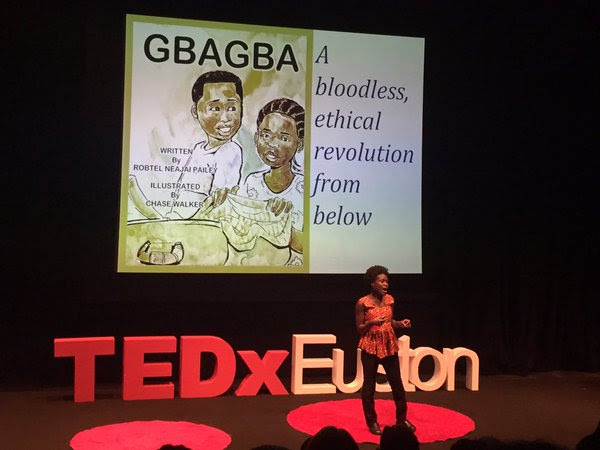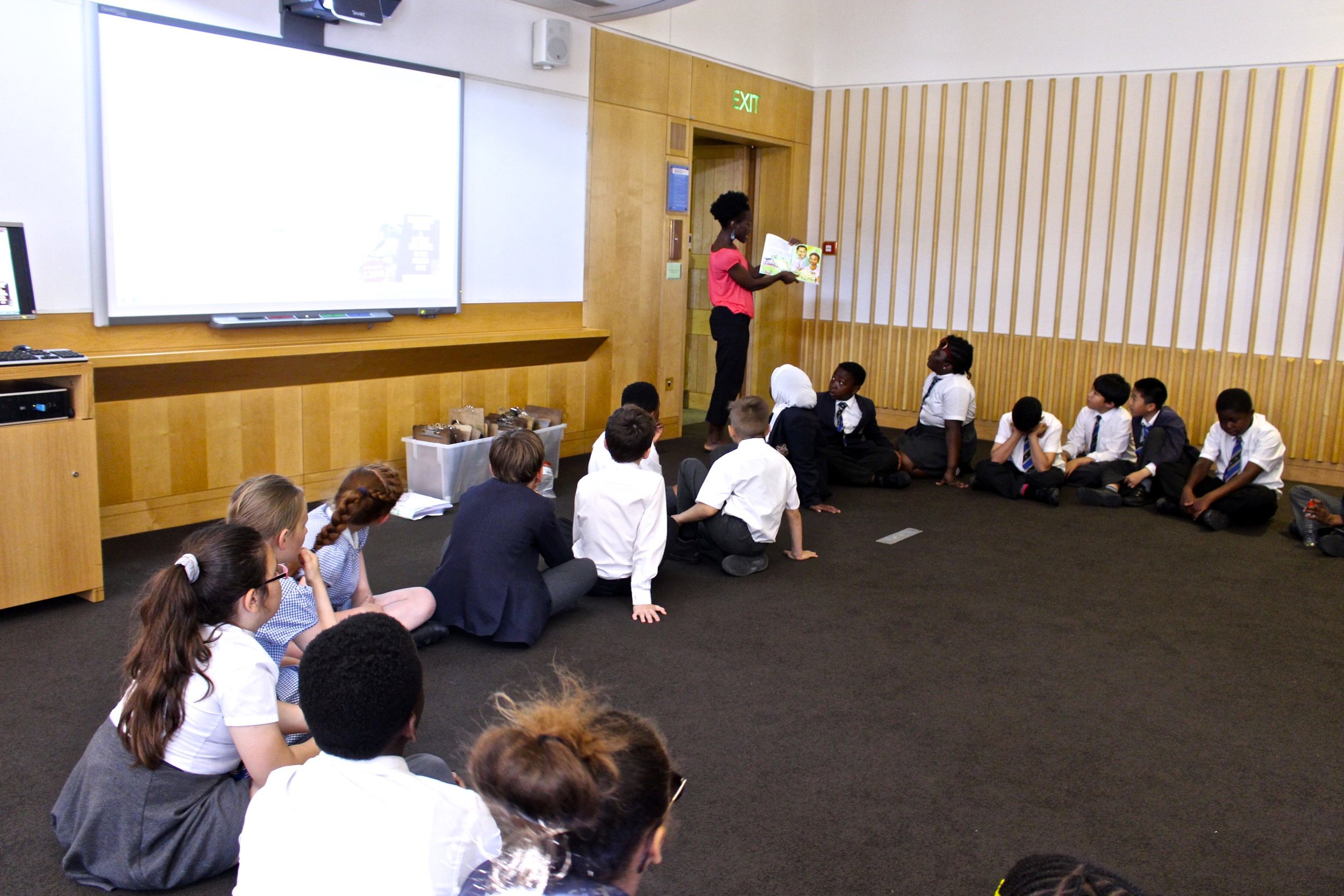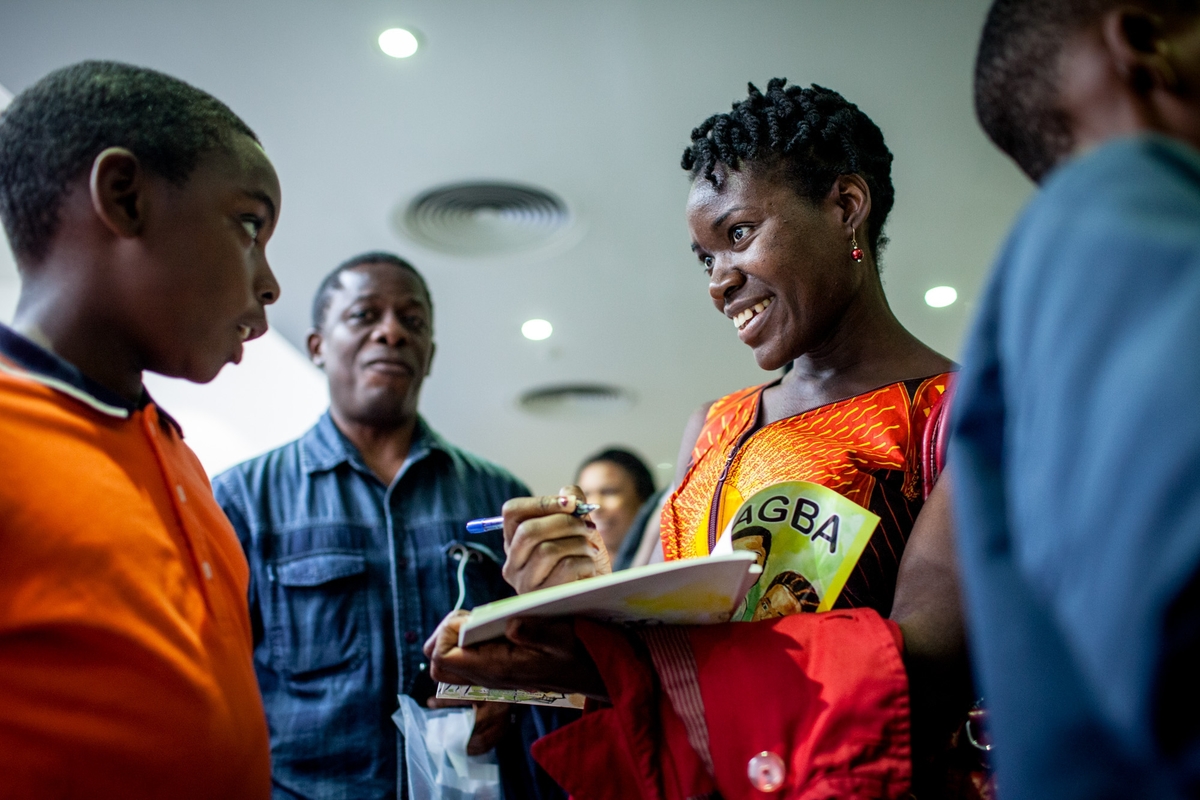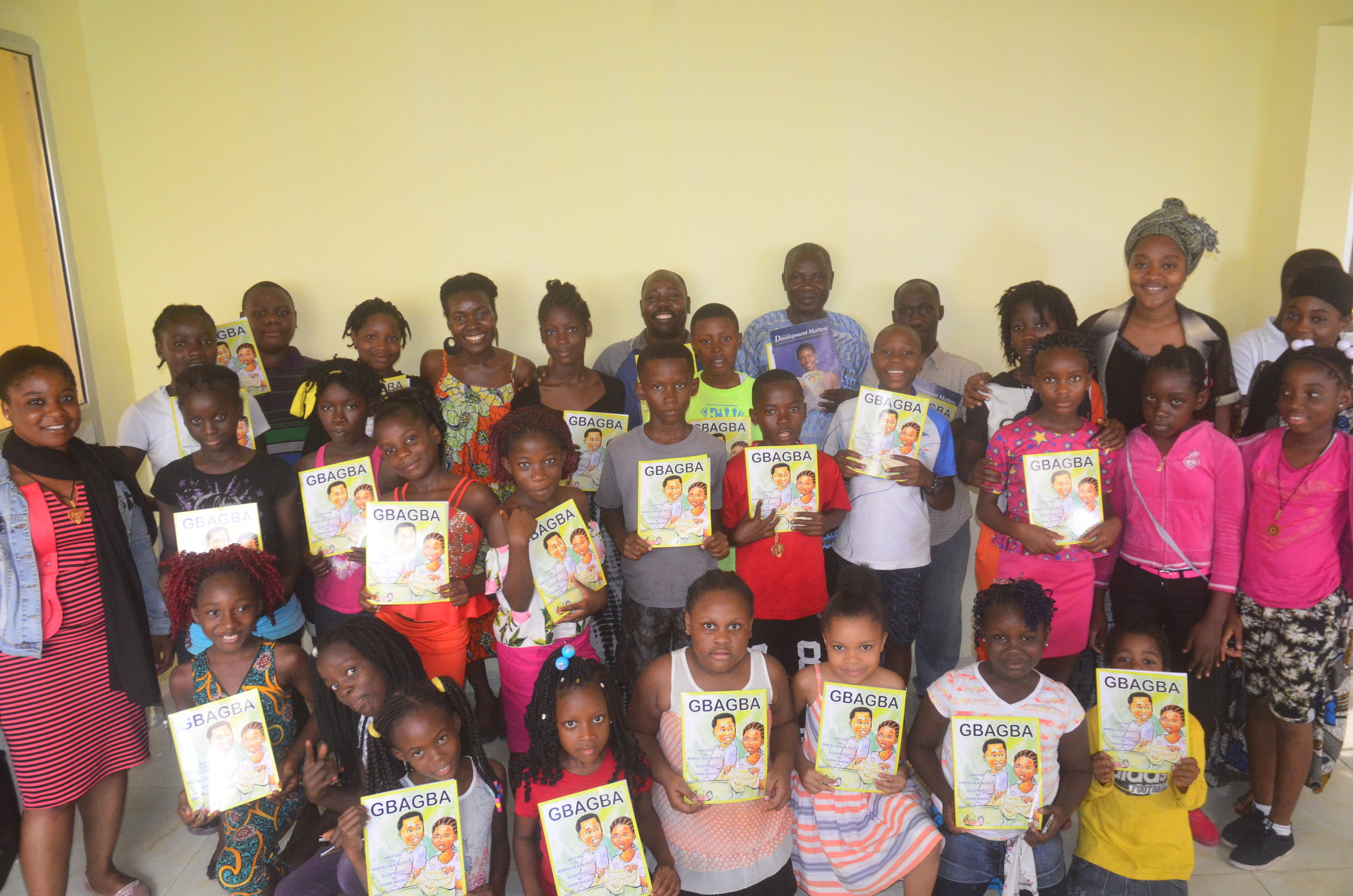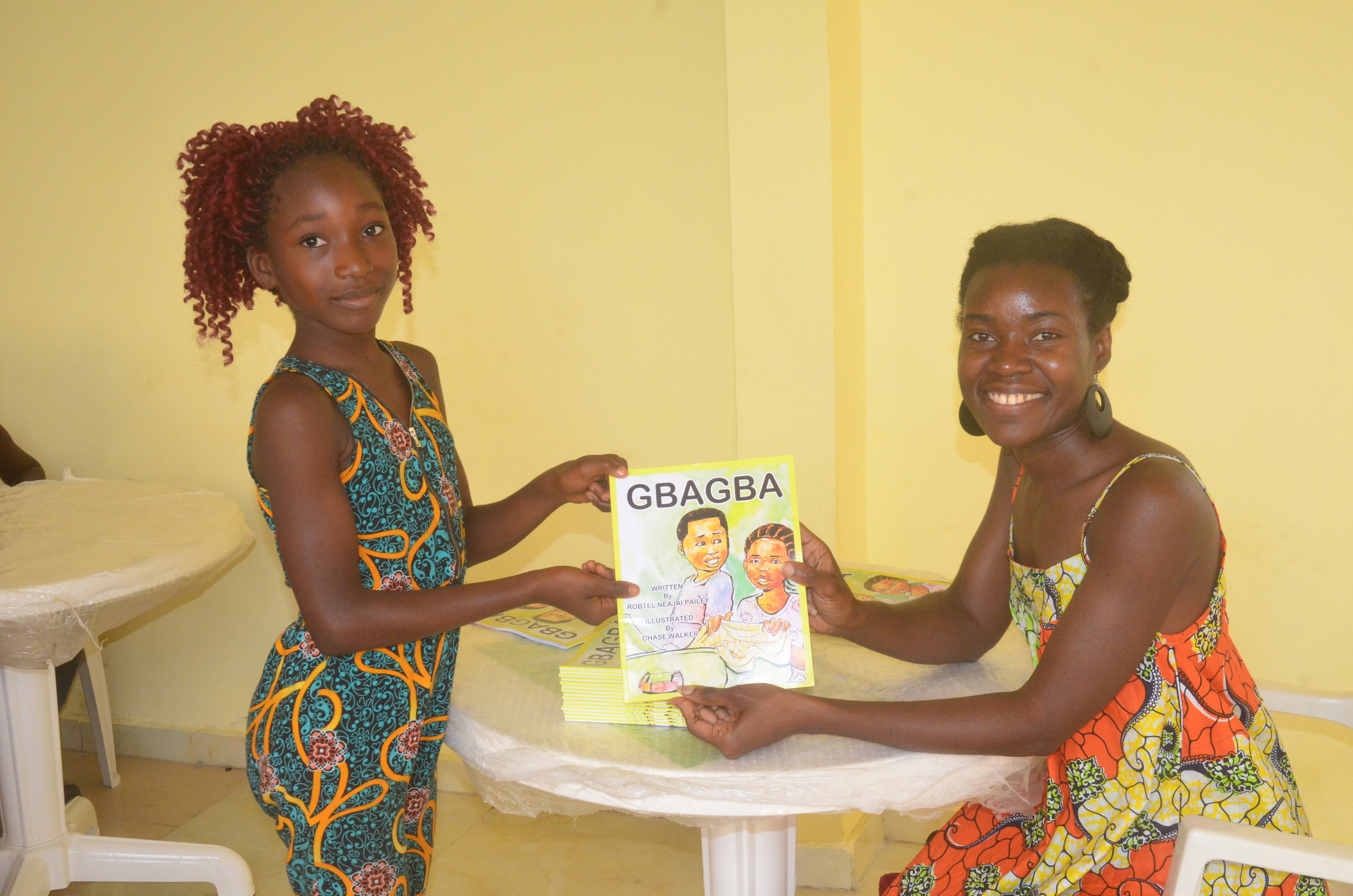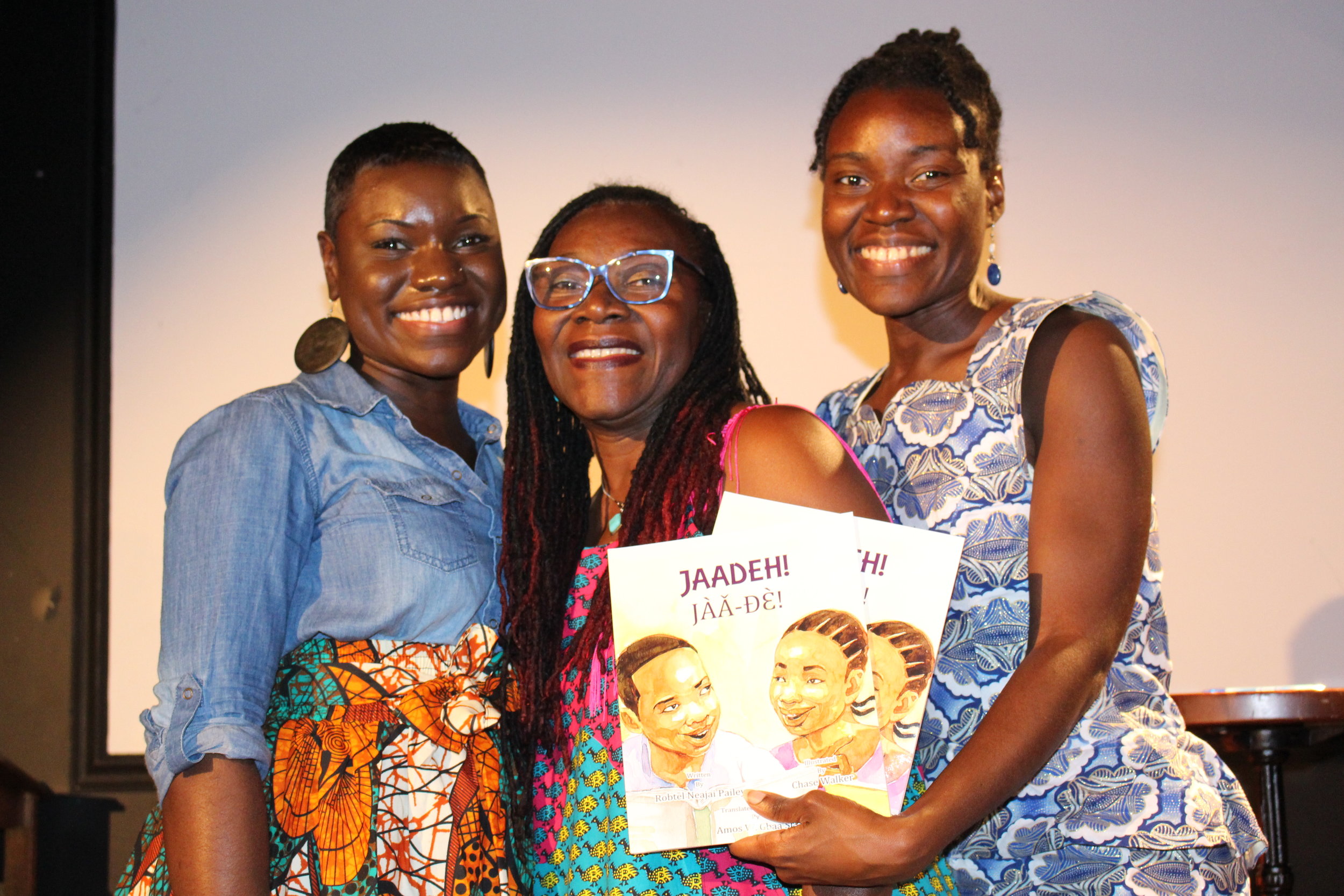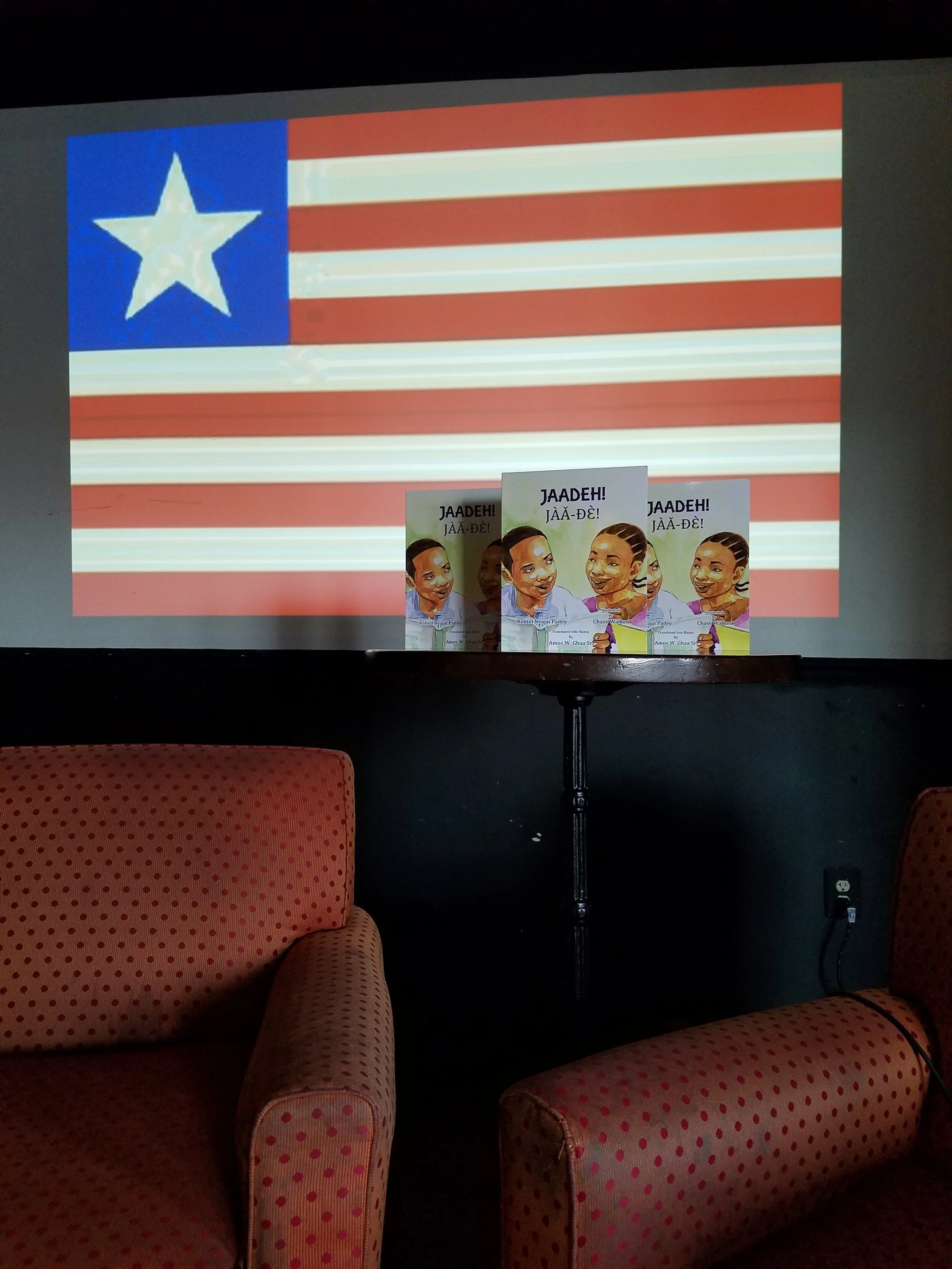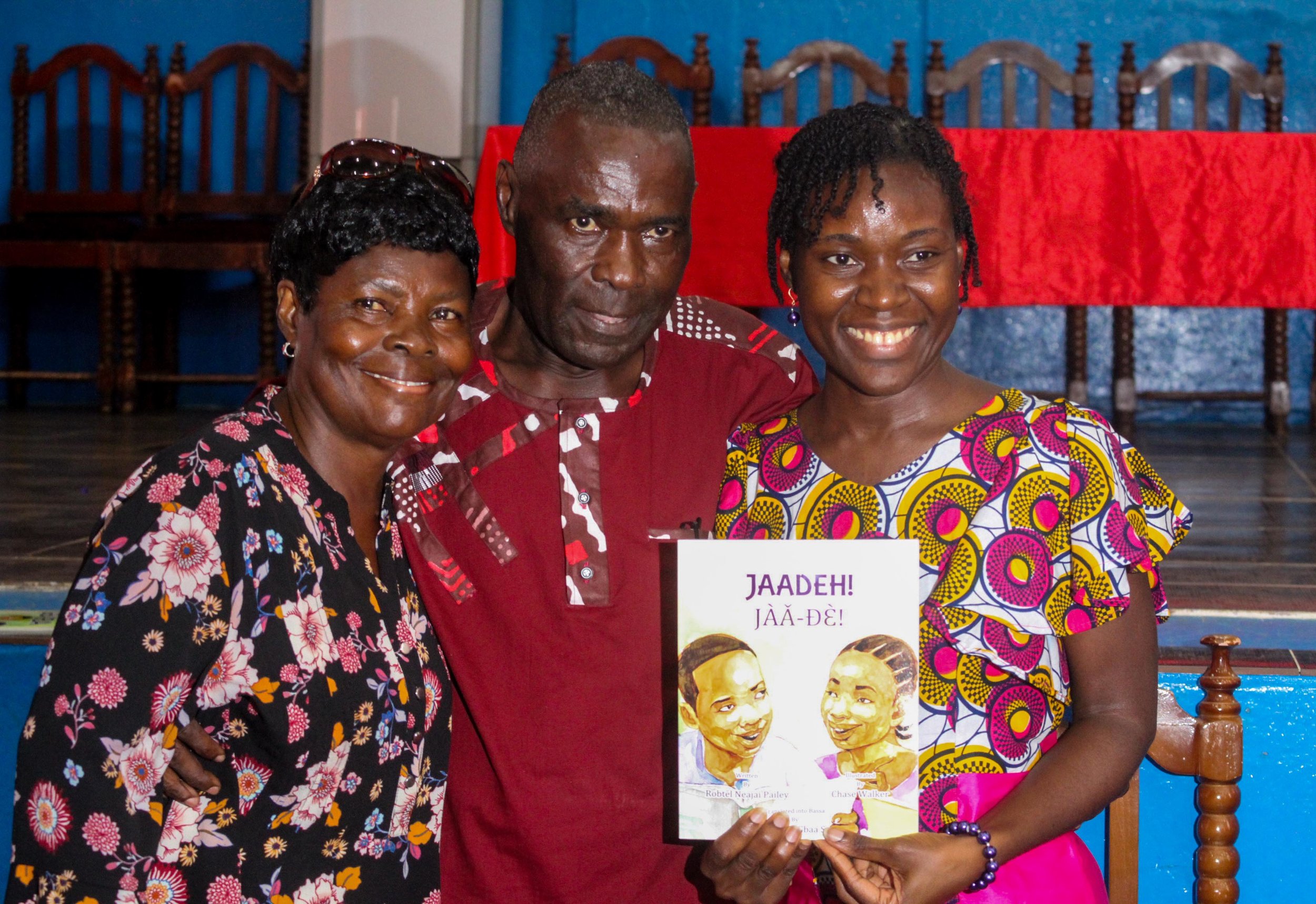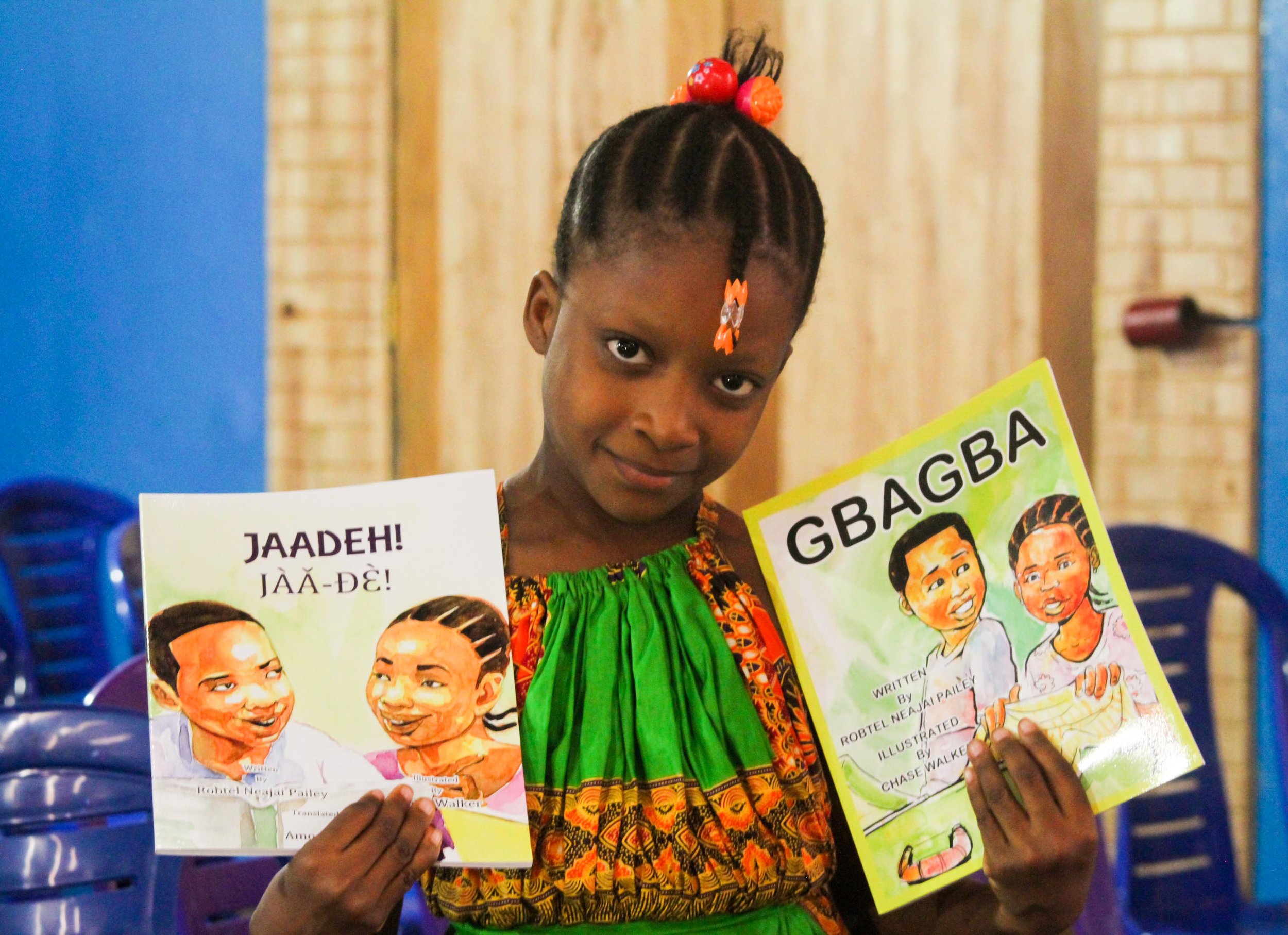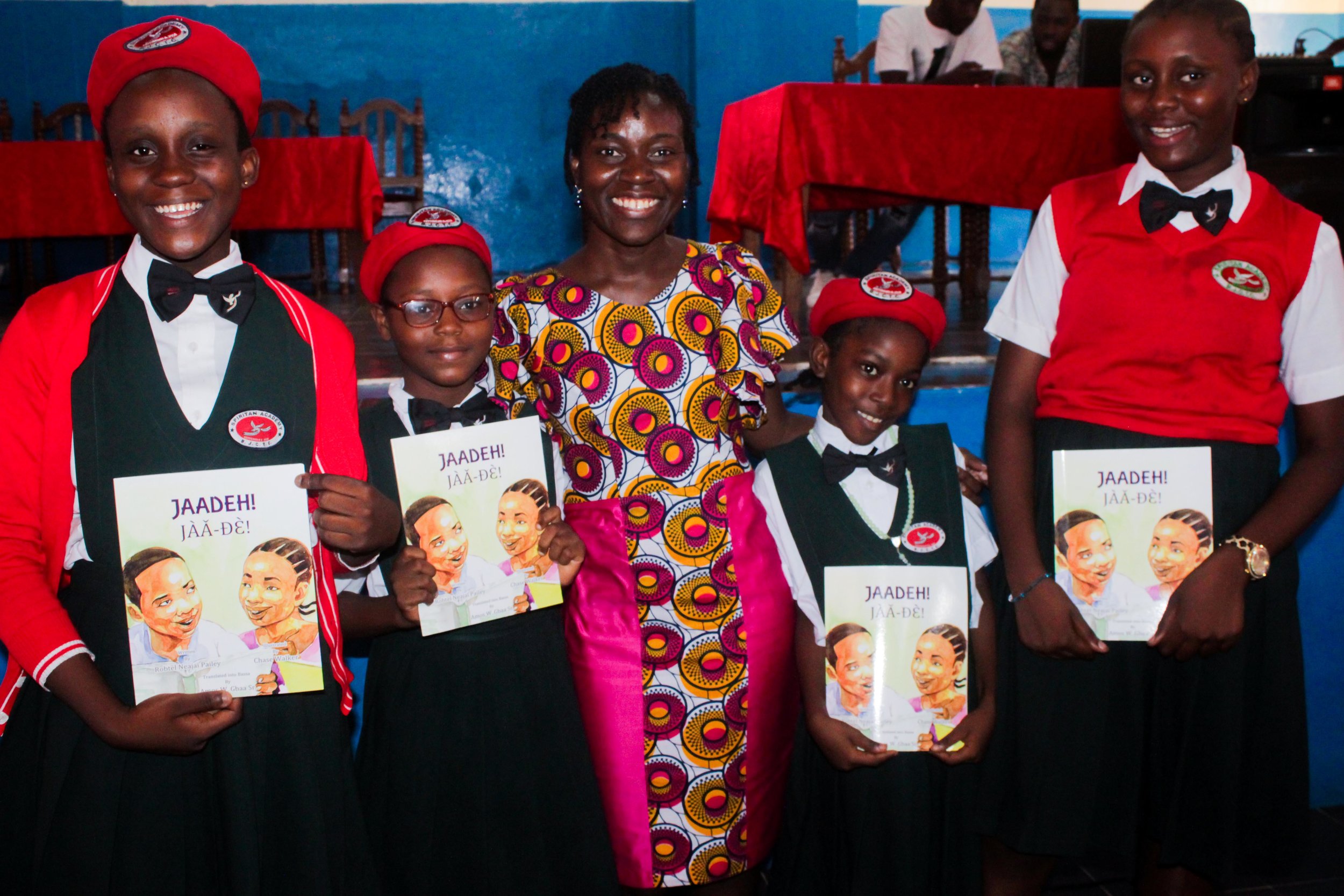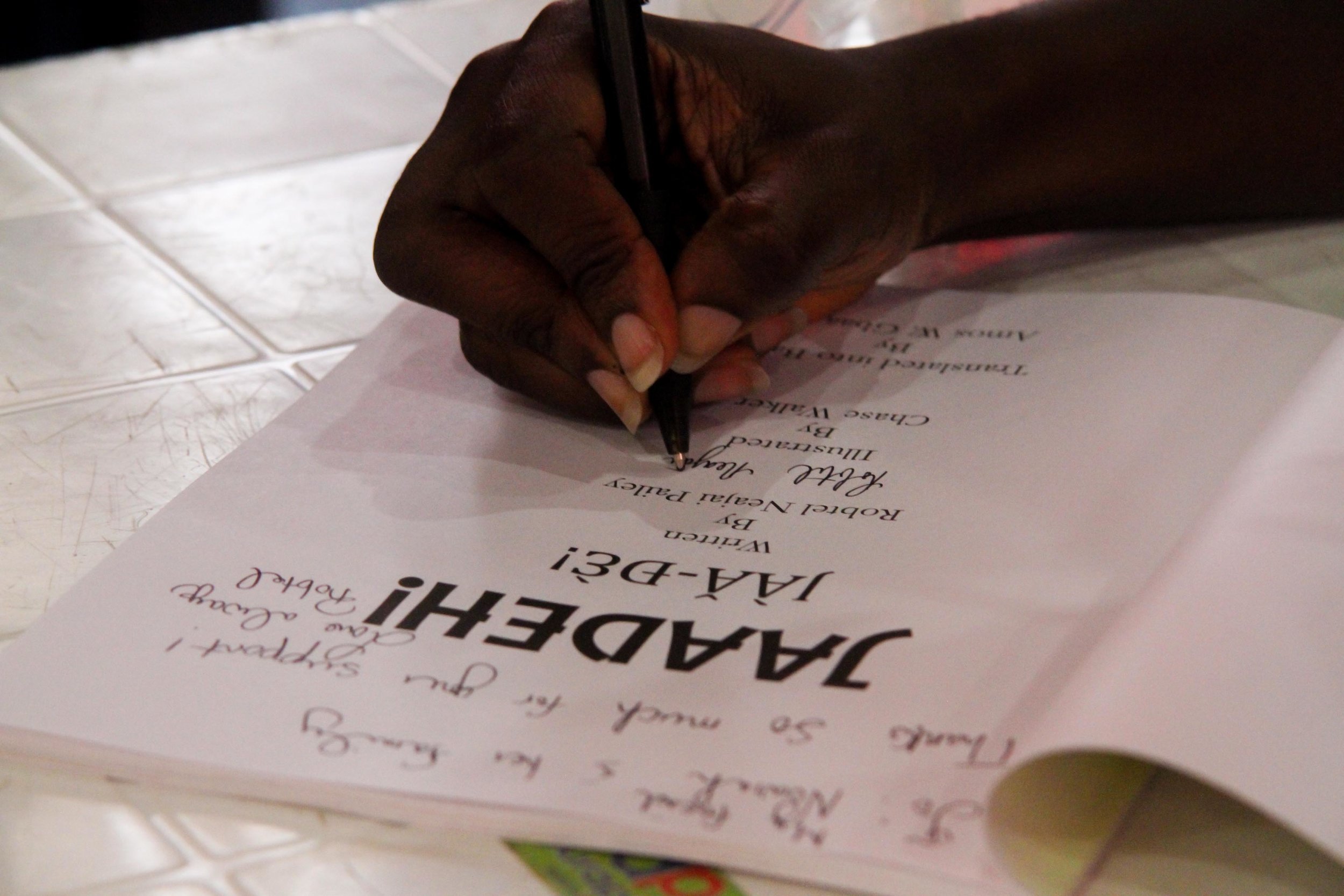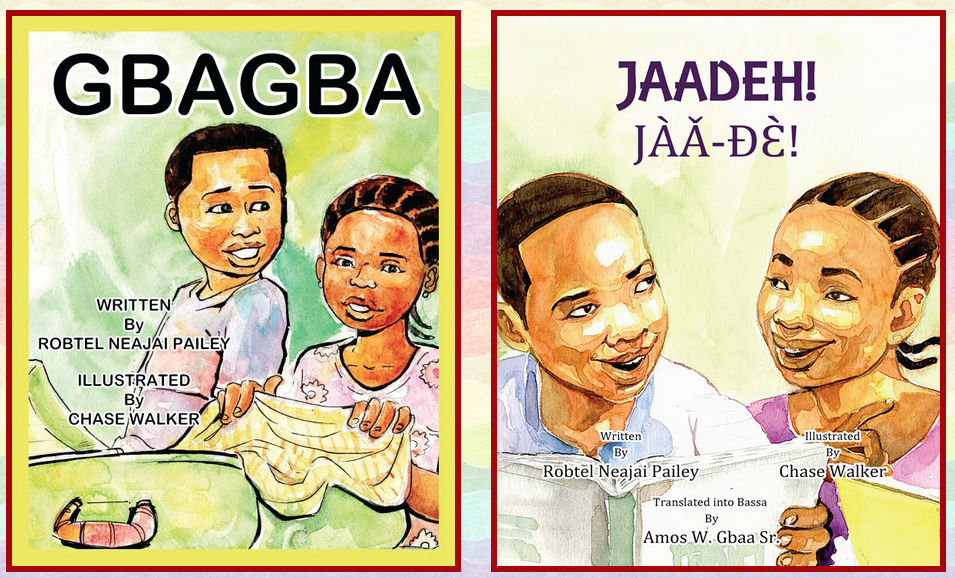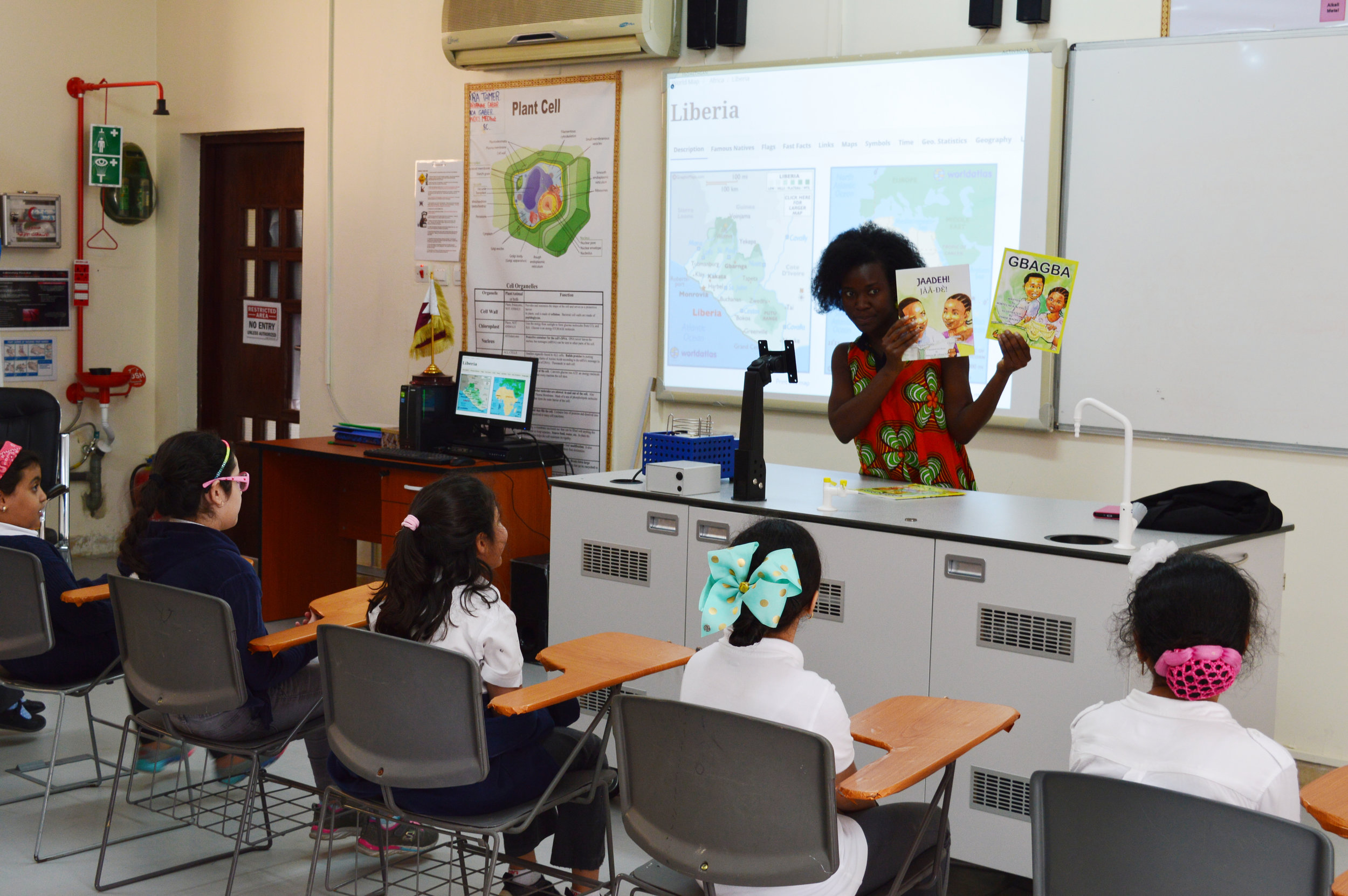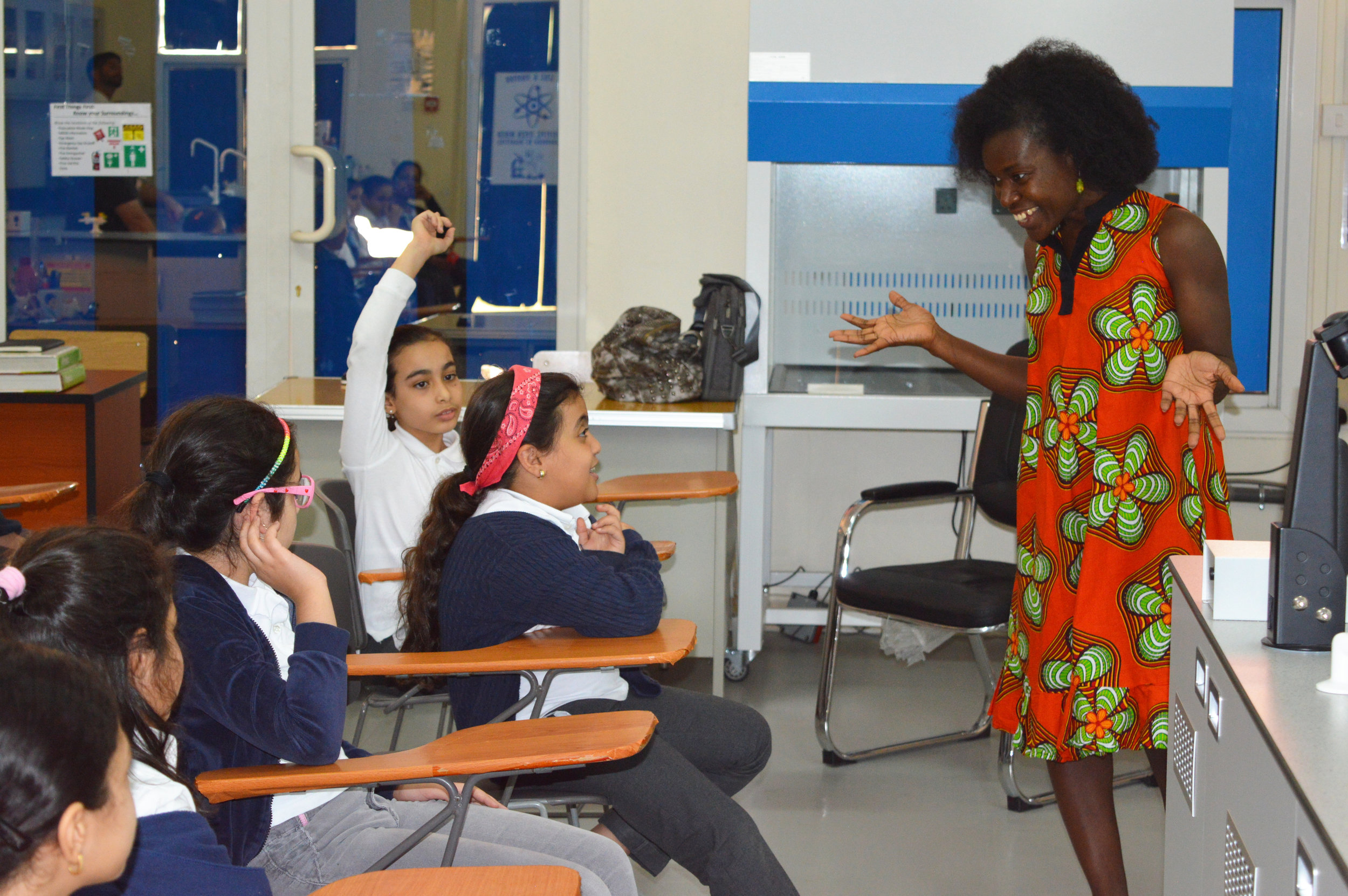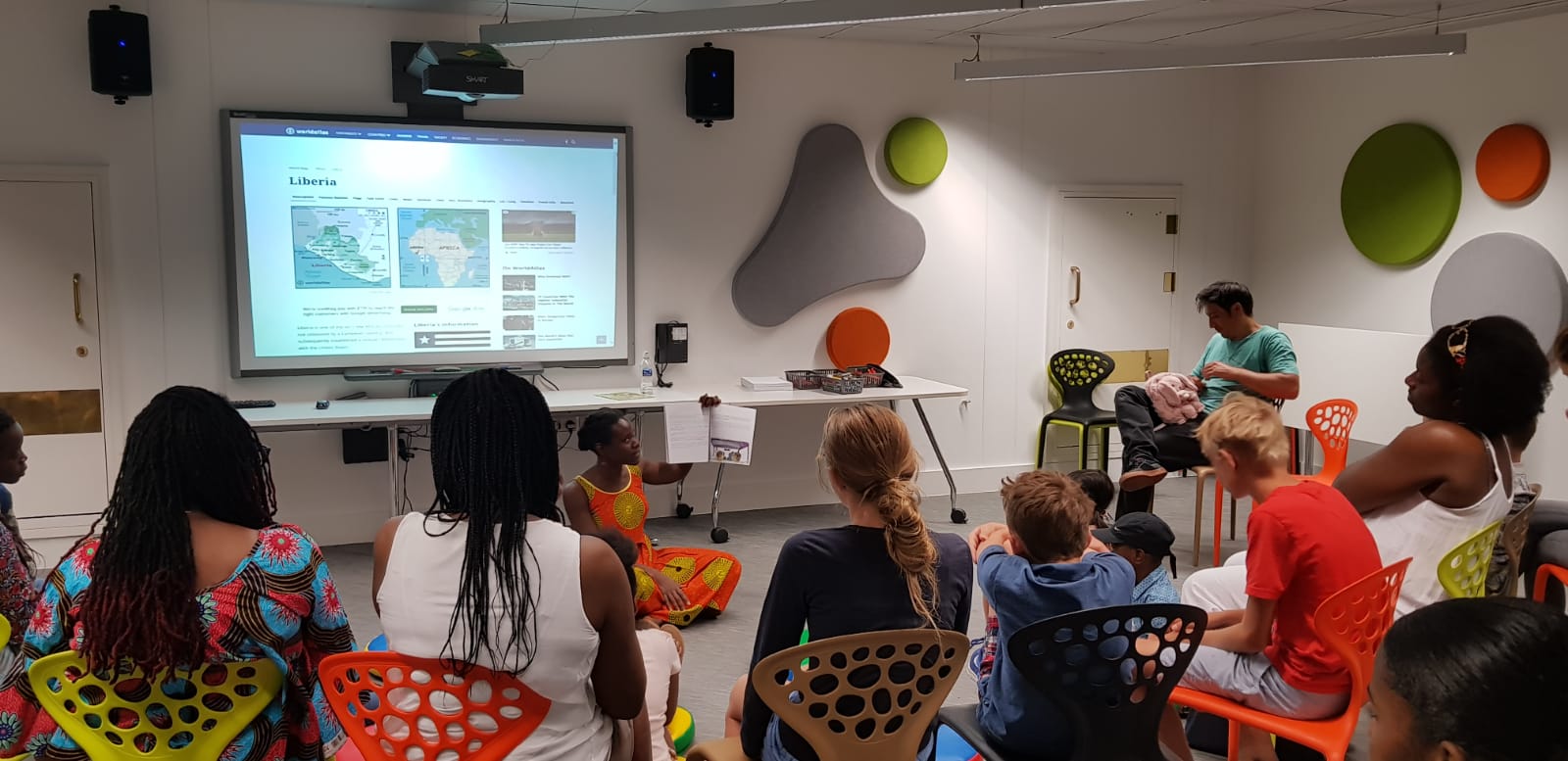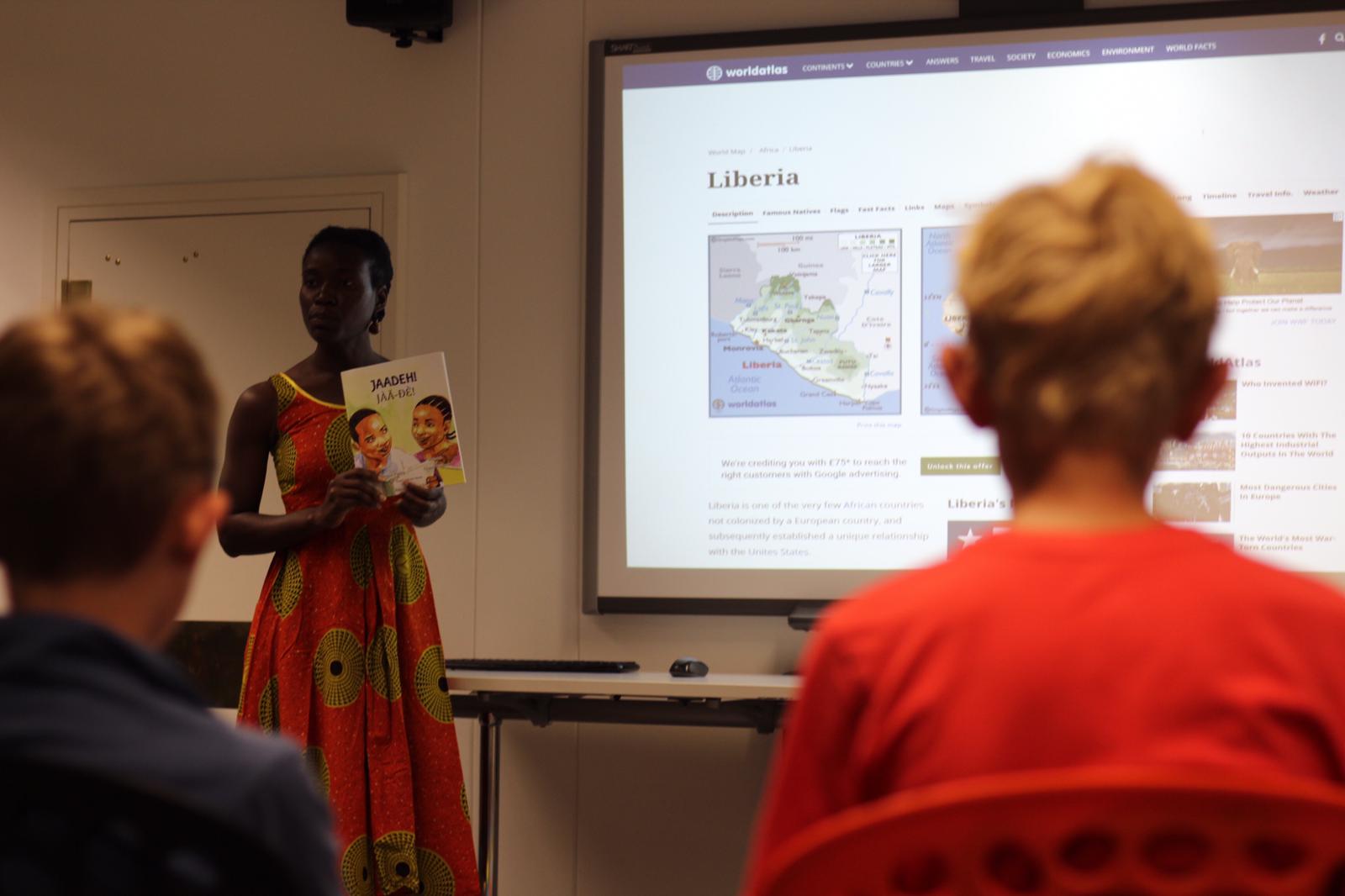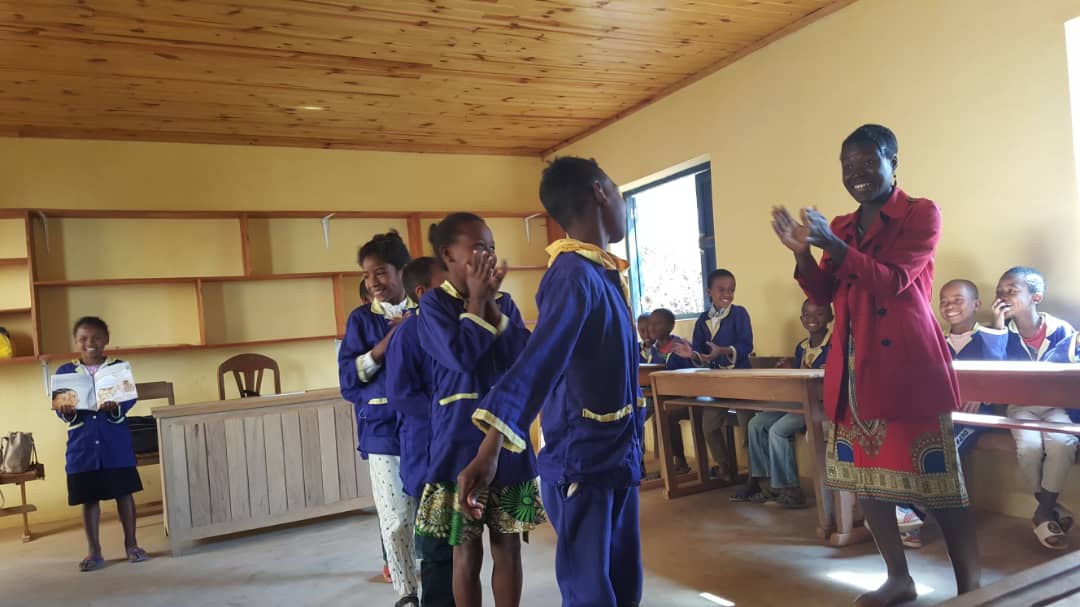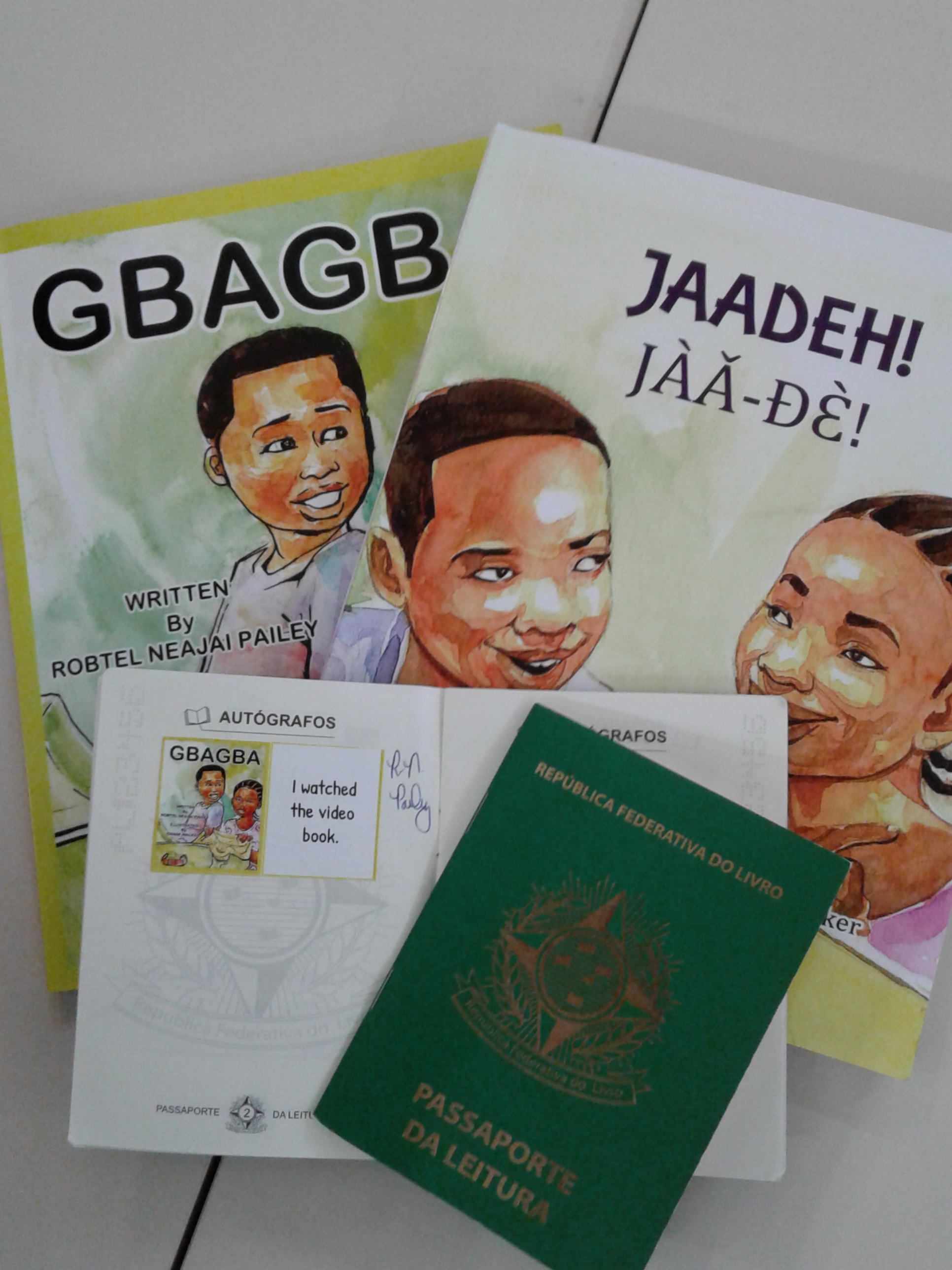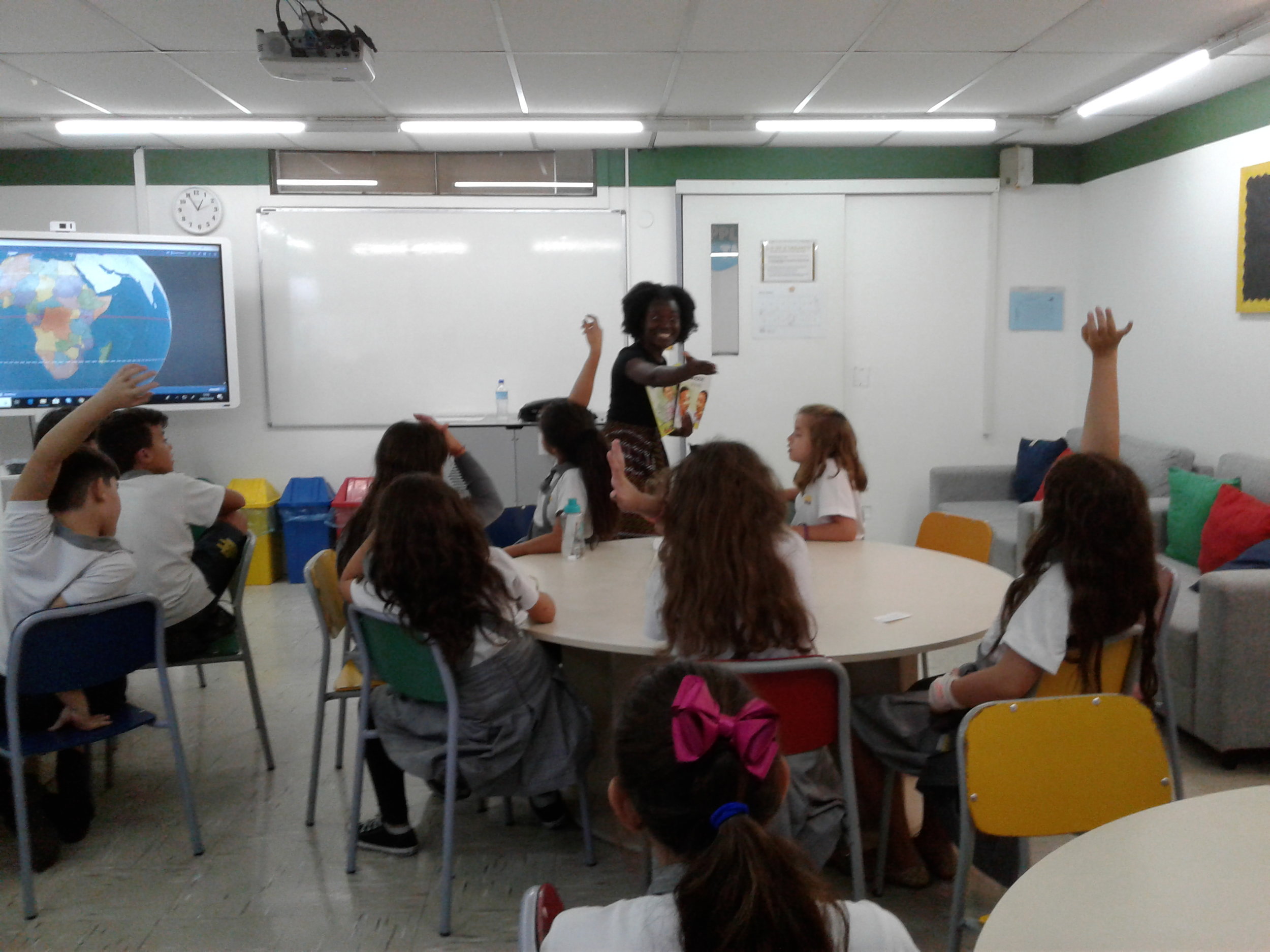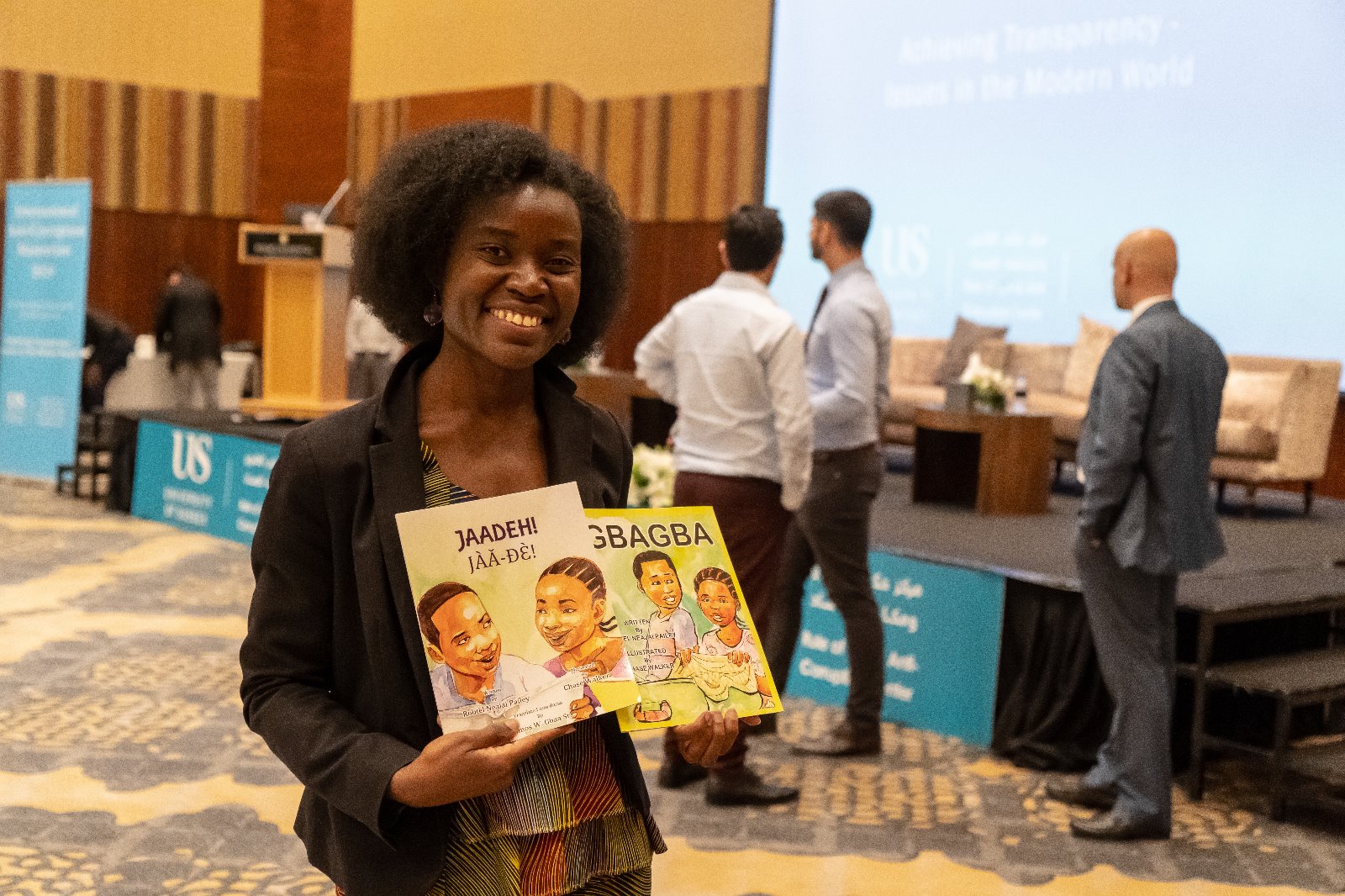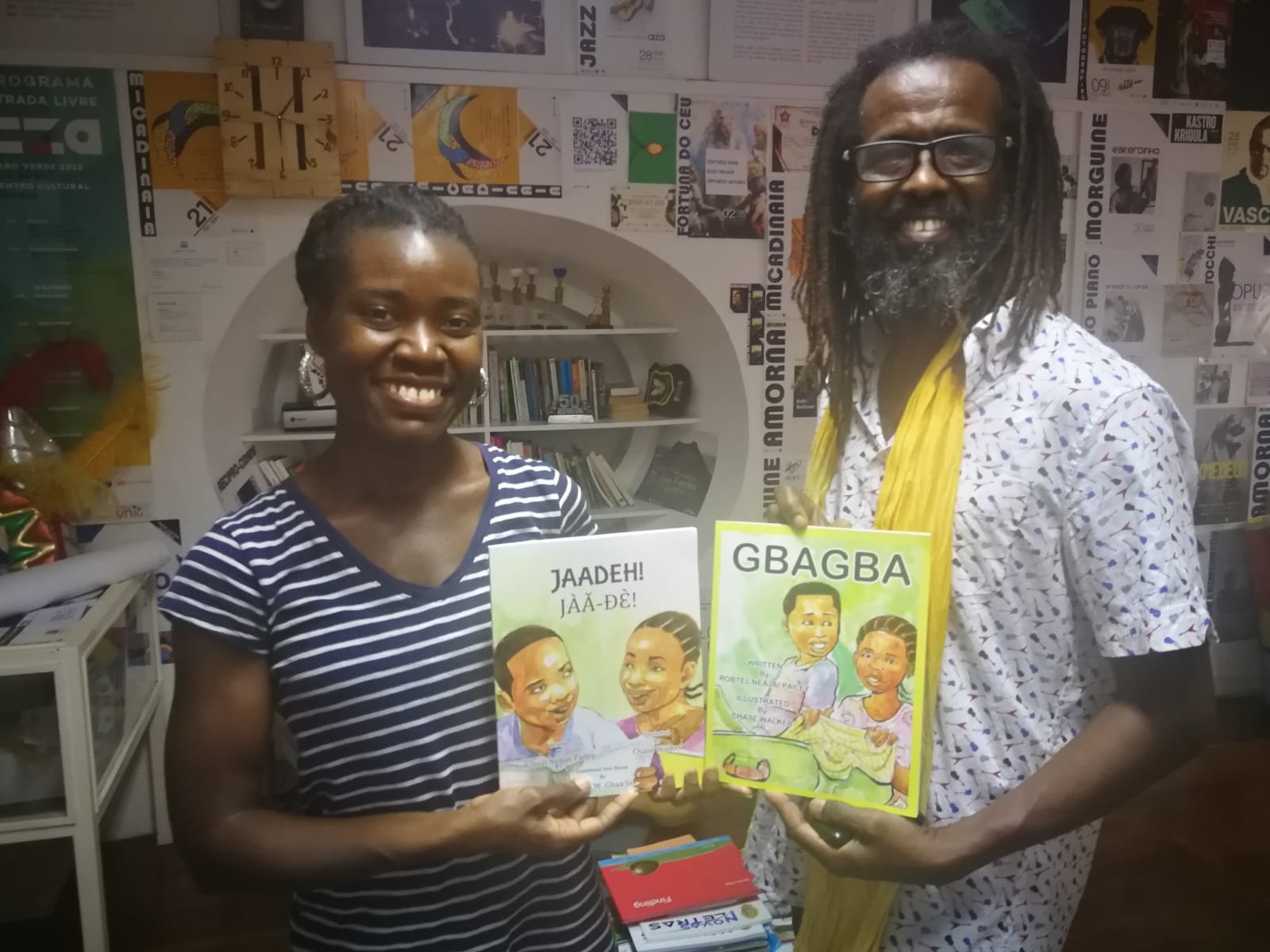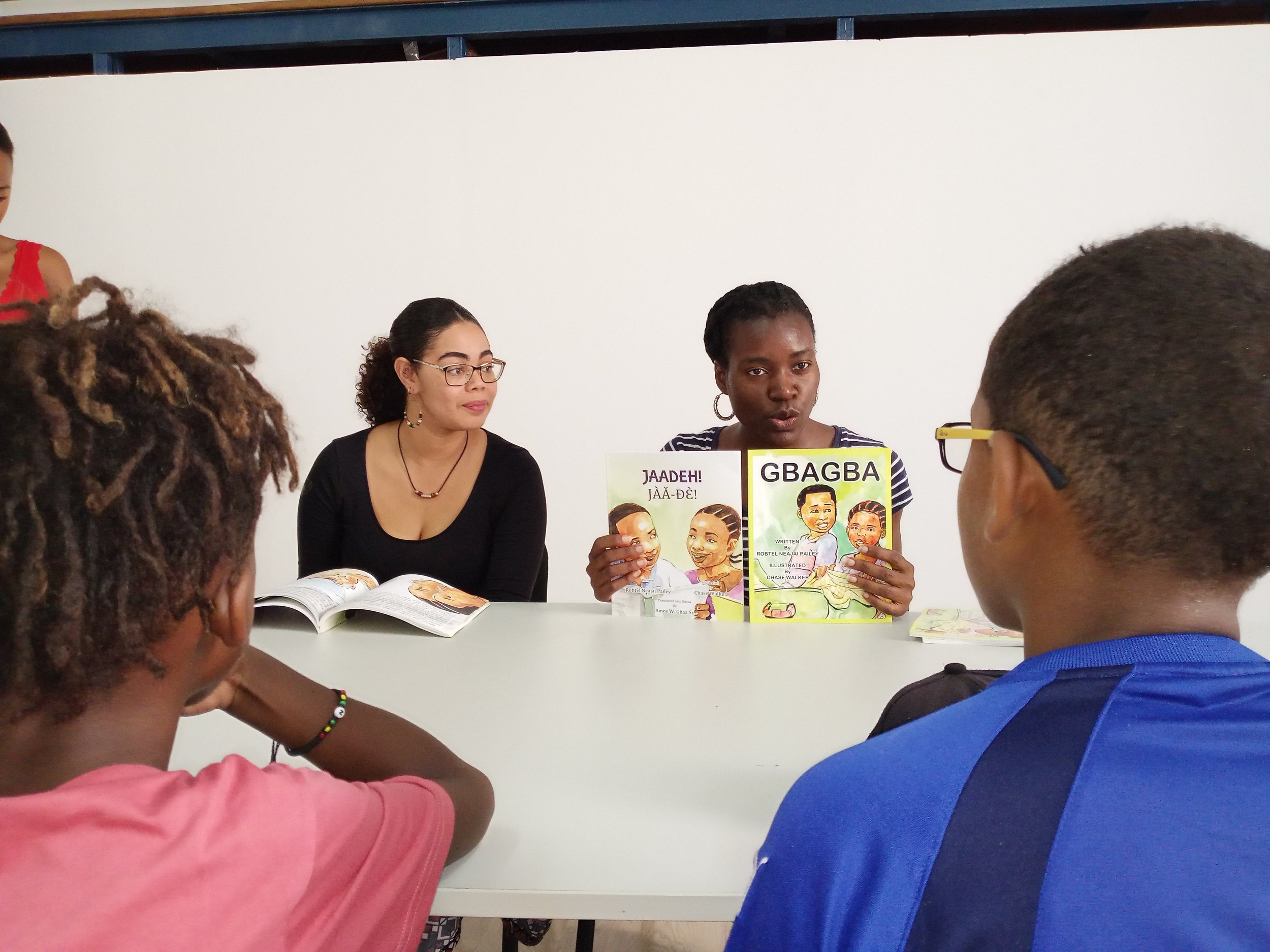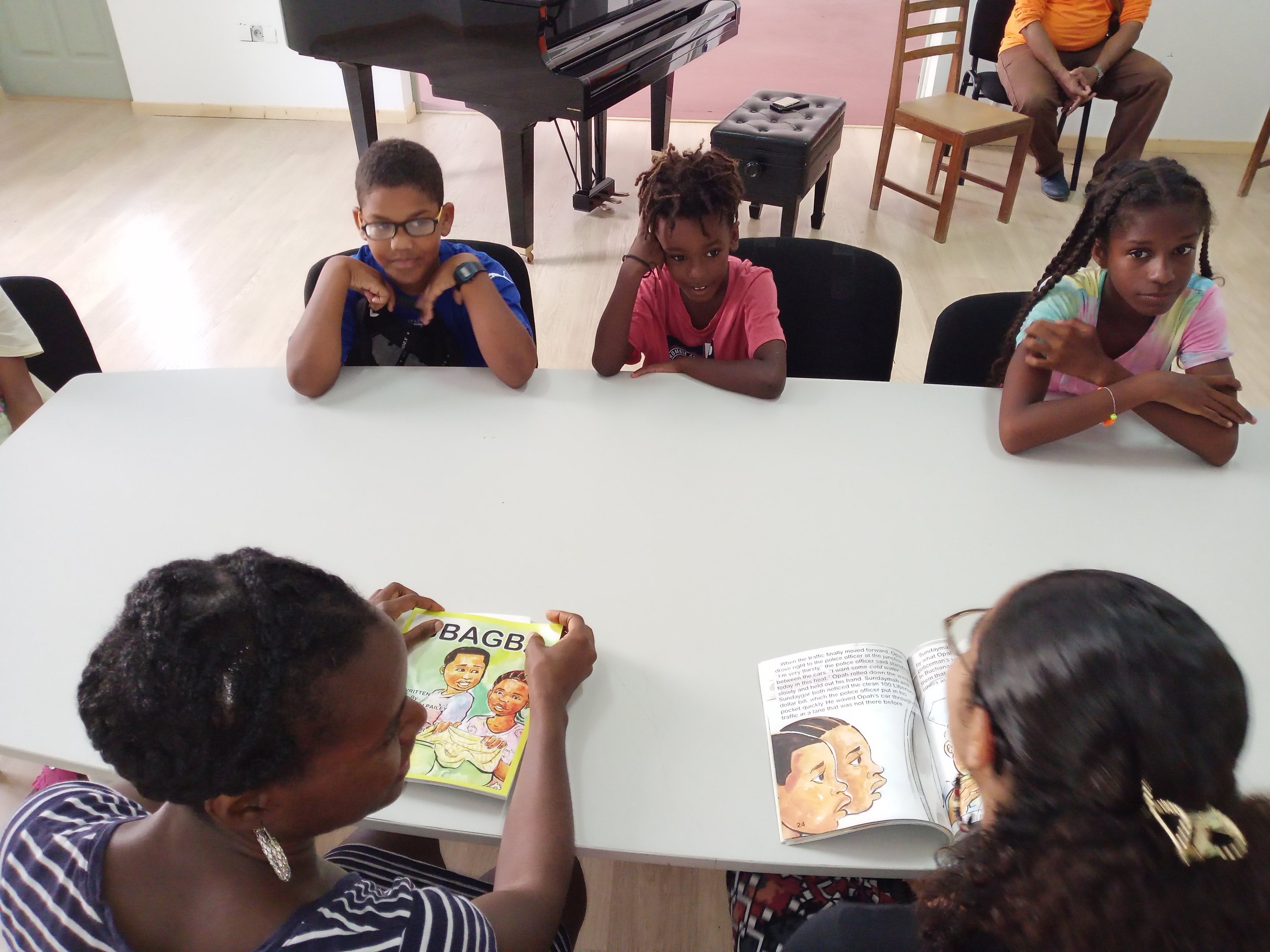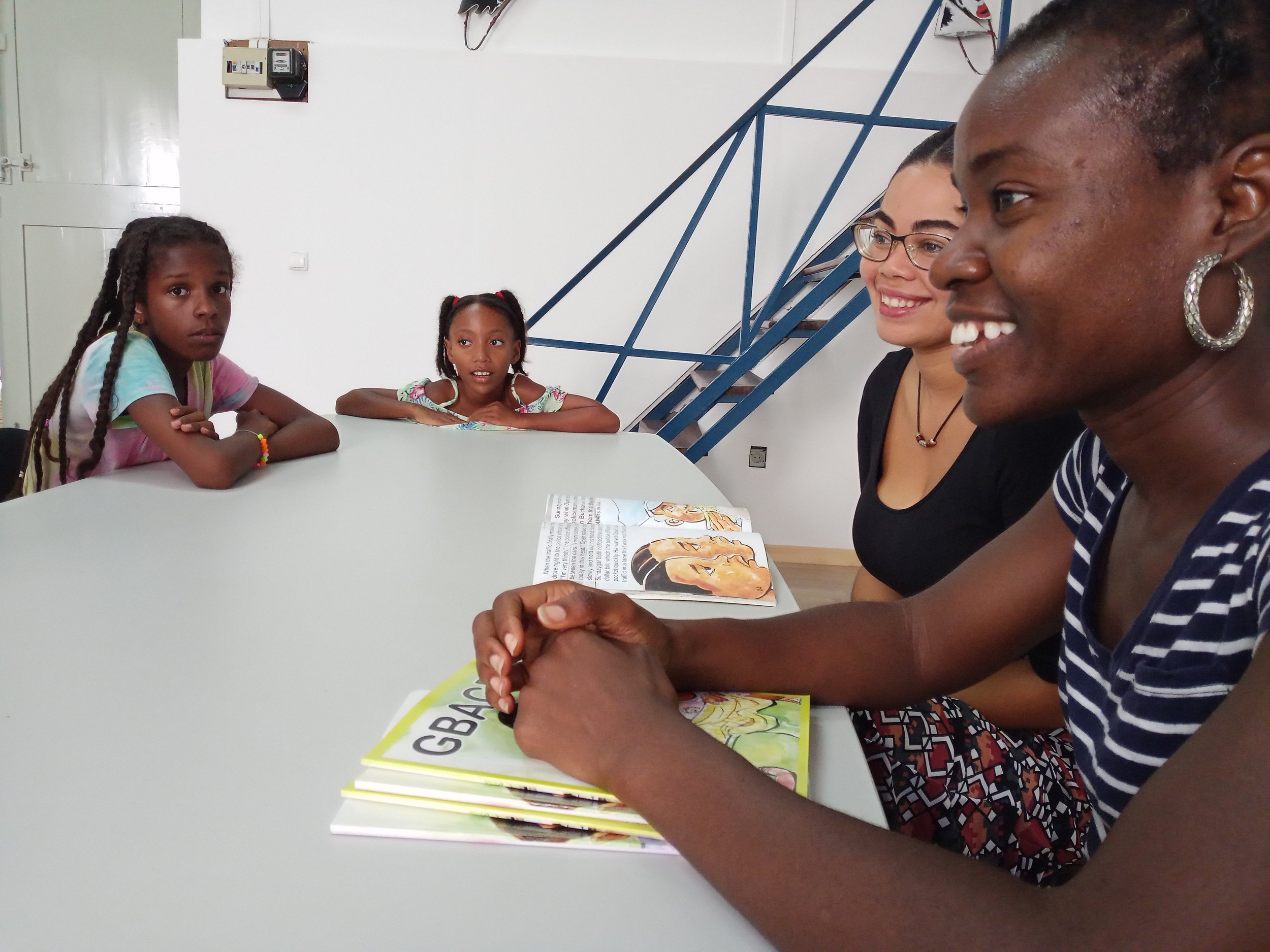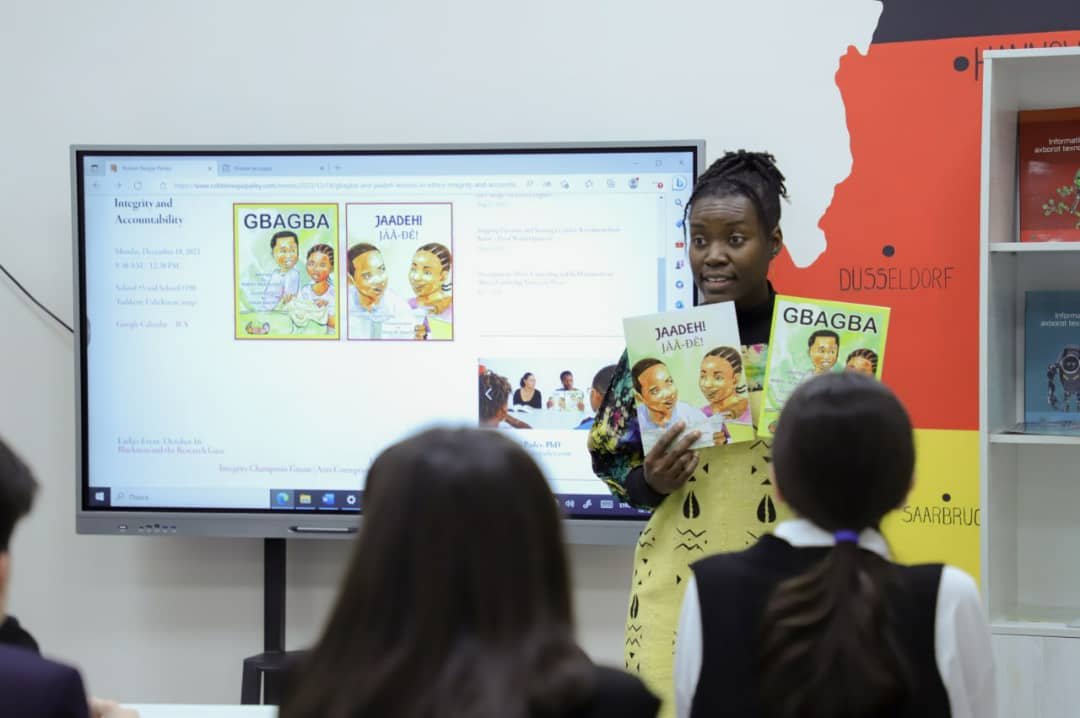In a confusing about-face last month, Liberia’s Supreme Court undermined its own ruling that a controversial referendum, scheduled for December 8 alongside the nation-wide legislative elections, is unconstitutional.
Instead of explicitly cancelling the referendum, as most Liberian opposition parties and civil society actors have urged for weeks, the Supreme Court recommended instead that the eight propositions under consideration should be printed clearly in an Official Gazette and on ballots enabling the electorate to vote for or against each separately and independently.
This has buoyed footballer-turned-president George Oppong Weah, whose administration is using the referendum as a pretext to implement sweeping constitutional changes that may open up a small window for him to seek an illegitimate third term in office.
If Weah proceeds as speculated, he would be taking a page from the playbook of Alassane Ouattara of Ivory Coast and Alpha Condé of Guinea, whose successful third-term presidential bids earlier this year happened amid an opposition boycott, nation-wide protests and violent clashes with police. Ouattara insisted that a constitutional change in 2016 meant his very first term did not count towards a two-term limit; Condé reasoned that a constitutional referendum held a few months before elections enabled him to seek a third term.
While the Ivorian and Guinean presidents may have succeeded in their political coups, Weah may be in for a rude awakening. Regardless of whether an actual referendum takes place, Liberia’s polls next week will be a symbolic referendum on the once-popular, now embattled, president.
